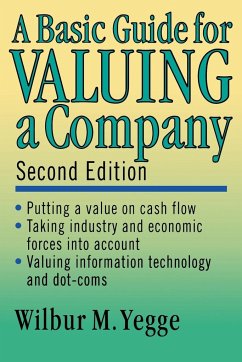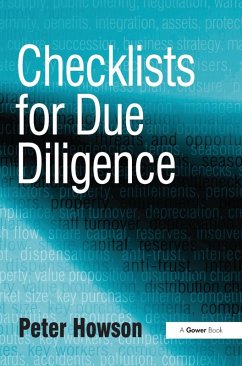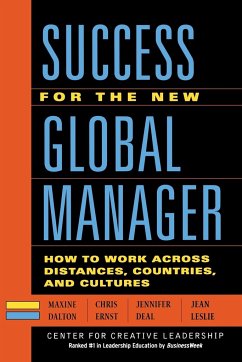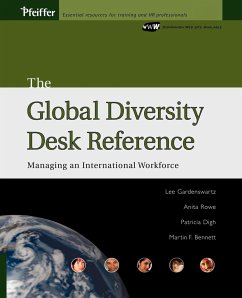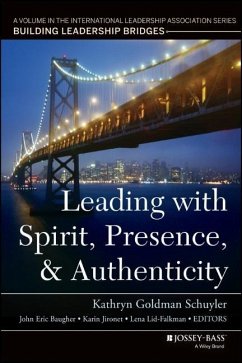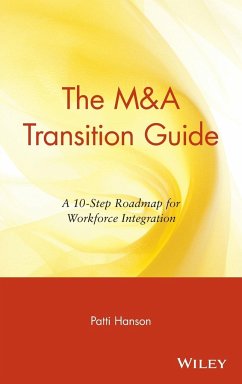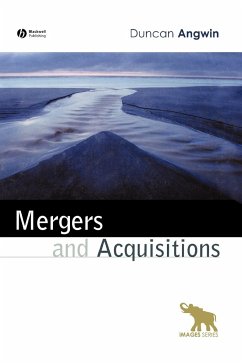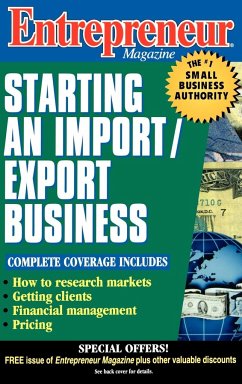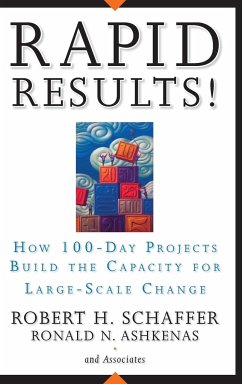"The in-the-trenches wisdom of Due Diligence for Global Deal Making can help organizations implement at least an ounce of prevention in these dangerous times." (Business Finance magazine)"It's hard to find a book more timely than Due Diligence forGlobal Deal Making. The rapid growth of global markets inthe last decade of the twentieth century increased the risk offraud and problems in understanding legal and financial documentsand assessing operations. Arthur Rosenbloom, a top authority on duediligence, has correctly diagnosed the situation and edited auseful and strategically important book. Many of the recentfinancial scandals to which we are witness might have been avoidedhad the lessons appearing in this work been heeded."
--Vladimir Kvint, PhD
Professor of Management Systems and International Business,Fordham University
Author, The Global Emerging Market in Transition
Contributing Editor, Forbes Global magazine
"This is a timely book that brings back the commonsense, inaddition to the applied forensics, approach to due diligence.In light of recent dramatic due-diligence failures, dealparticipants need to make sure they fully understand the companythat is undergoing a corporate transaction. Due-diligence issuesare often exacerbated in cross-border deals, making this book'sglobal focus very relevant."
--James H. Zukin
Senior Managing Director, Houlihan Lokey Howard & ZukinCapital
"Thoughtful due diligence has never been more important in dealmaking, and this book gives you all the tools to get the job done.It also goes beyond diligence to clarify strategy and long-termobjectives. It's a critical business reference."
--Rick Rickertsen
Chief Operating Officer, Thayer Capital Partners
Author, Buyout: The Insider's Guide to Buying Your OwnCompany







